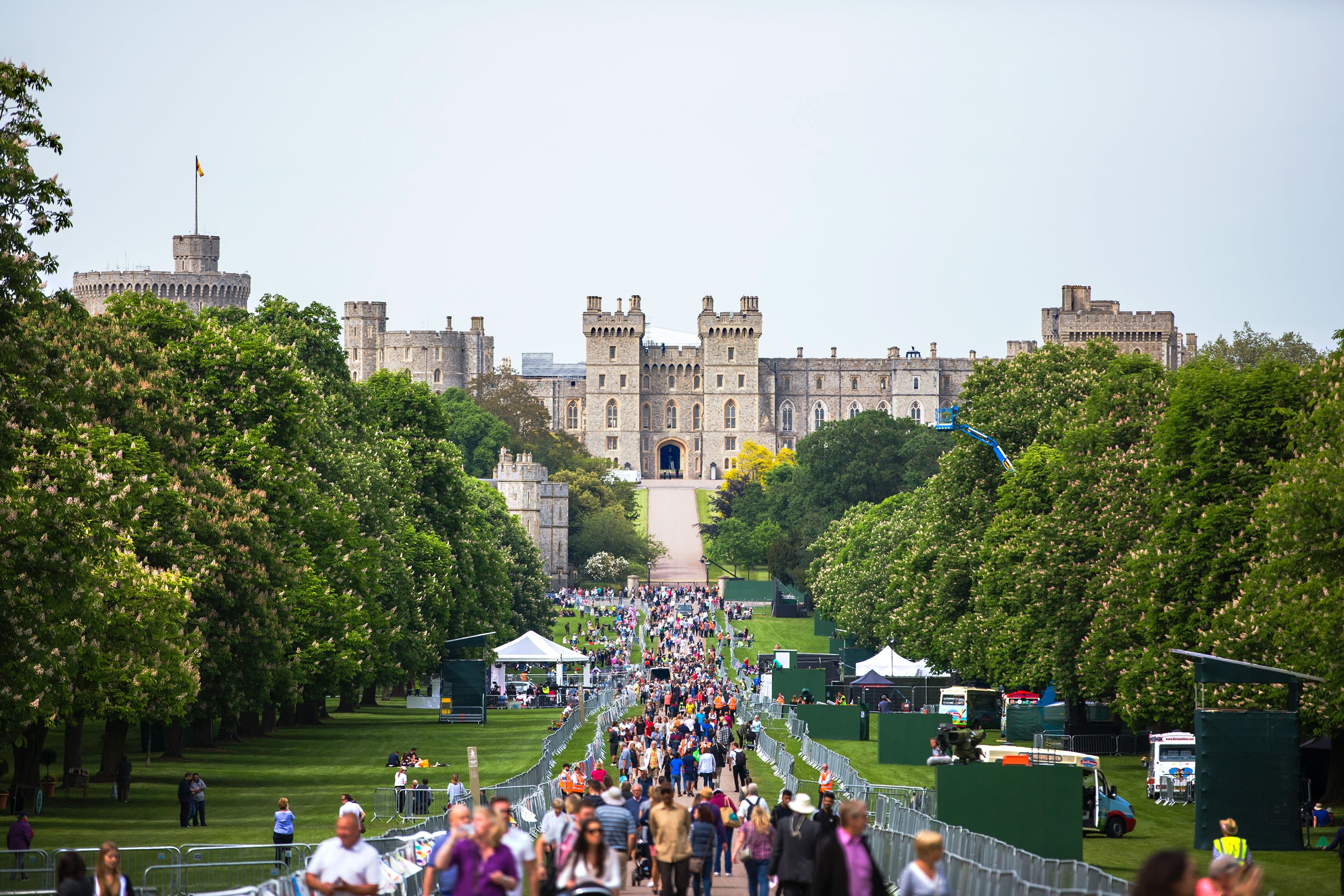The Crown's 'magic and majestic' hold over American tourists
Celebrity culture in the Royal Family
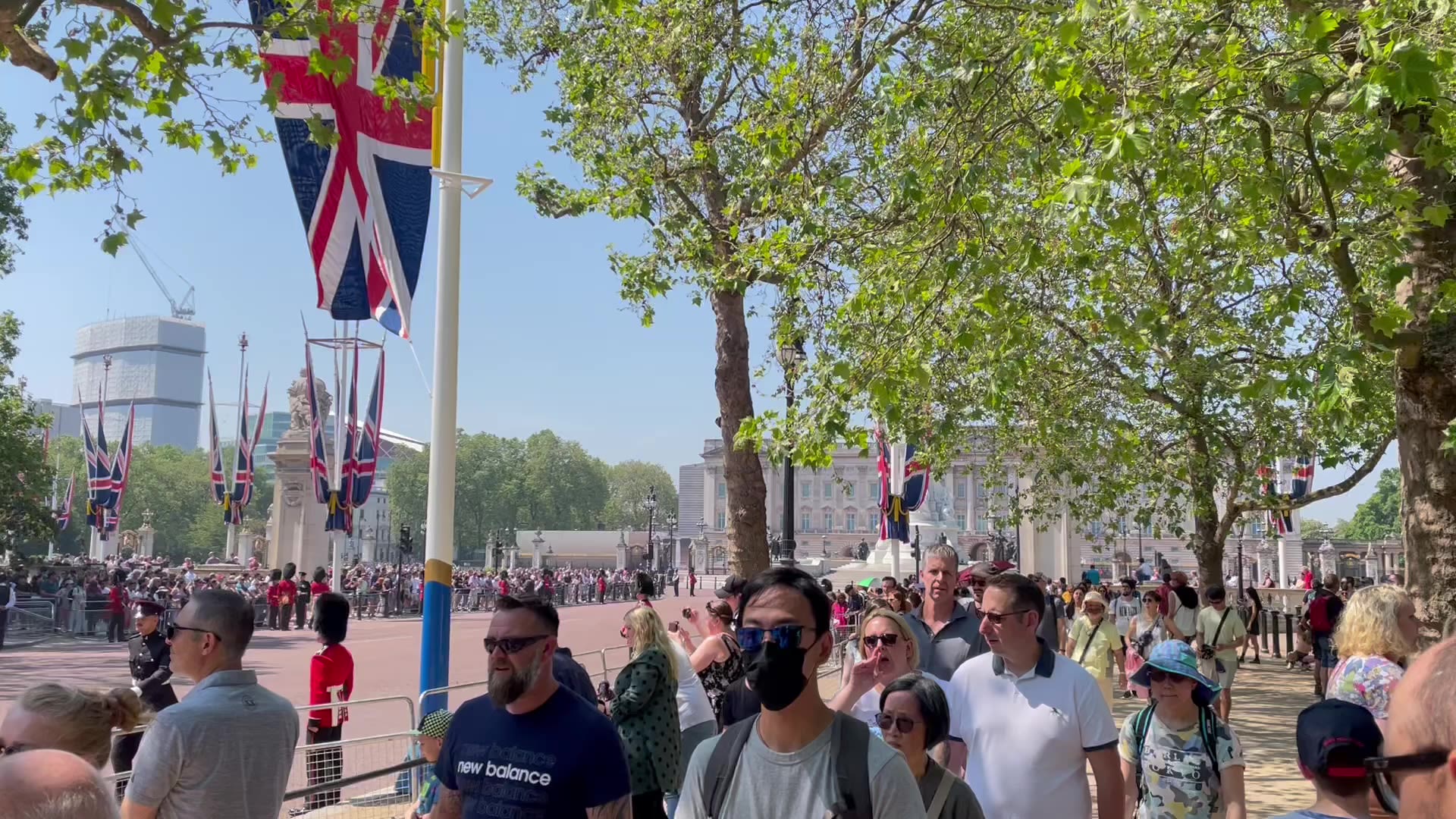
'Tax-funded Kardashians'
The prominent anti-monarchist Graham Smith recently described the British Royal Family as 'tax-funded Kardashians'. Smith, head of campaign group Republic, made these comments regarding the Windsors' public split from Prince Harry and Meghan Markle.
This Kardashianisation of the monarchy is not necessarily detrimental to Britain, potentially expanding the Royal Family's appeal to tourists through holding trendy appeal as well as historical importance.
This would enhance the monarchy's already lucrative position as a driver of tourism revenue. In 2022, it is widely regarded to have contributed approximately £500m in this role.
But Smith's comments also raise the question of whether post-Brexit Britain, in dire need of influence and respectability on the global stage, should not reform an institution which sends visitors home imagining the Royal Family as vain Hollywood types, rather than respectable leaders on par with their historical predecessors.
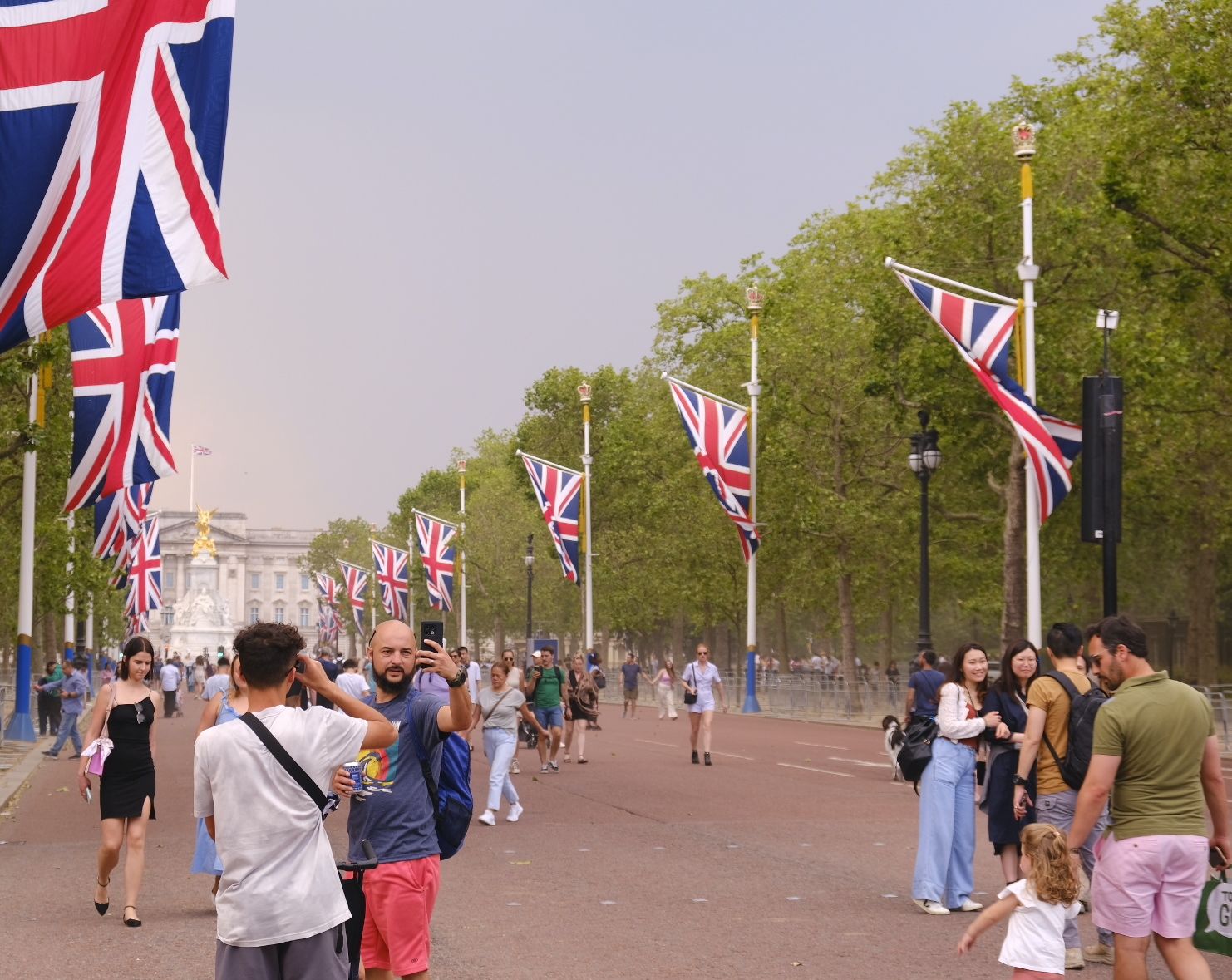
Why Americans?
Whilst the signifance of the Royal Family in attracting tourism has been questioned in recent years - none of Britain's ten most visited attractions in 2021 were royal sites - that is not true of visitors from the US.
Expert opinion and a wide array of statistics point towards Americans' perceptions of the monarchy as the most important of any tourist group given how much the industry relies on them. Almost twice as many Americans visited the UK in 2022 than the next country, France.
The government themselves are well aware of this. A Freedom of Information request generated the following minutes from a meeting last summer between Historic Royal Palaces and the Department for Culture, Media and Sport:
"Regarding overseas visitor numbers for 2022/23 so far to the Tower of London, almost all are from the US. Other overseas markets including near Europe and East Asia are still very low, with the same amount of visitors from Luxembourg and China."
While this says much about China's tight zero-Covid policy and how few people live in Luxembourg, it also demonstrates the Crown's ocean-wide hold over and reliance on American travellers, about half of which are drawn to the UK because of the monarchy.
This is even more significant when considering how few of the UK's next largest tourist markets care much for the monarchy:
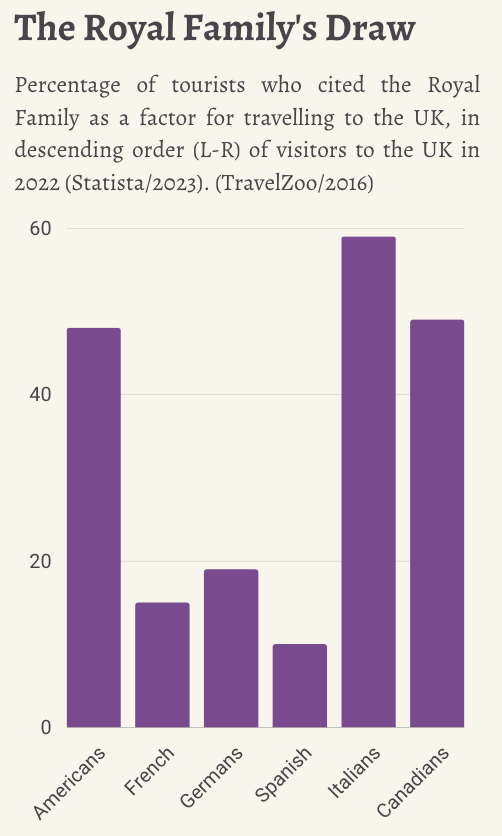
Italians and Canadians are even more fond of the Royal Family than Americans, but contribute less than half as many tourists put together.
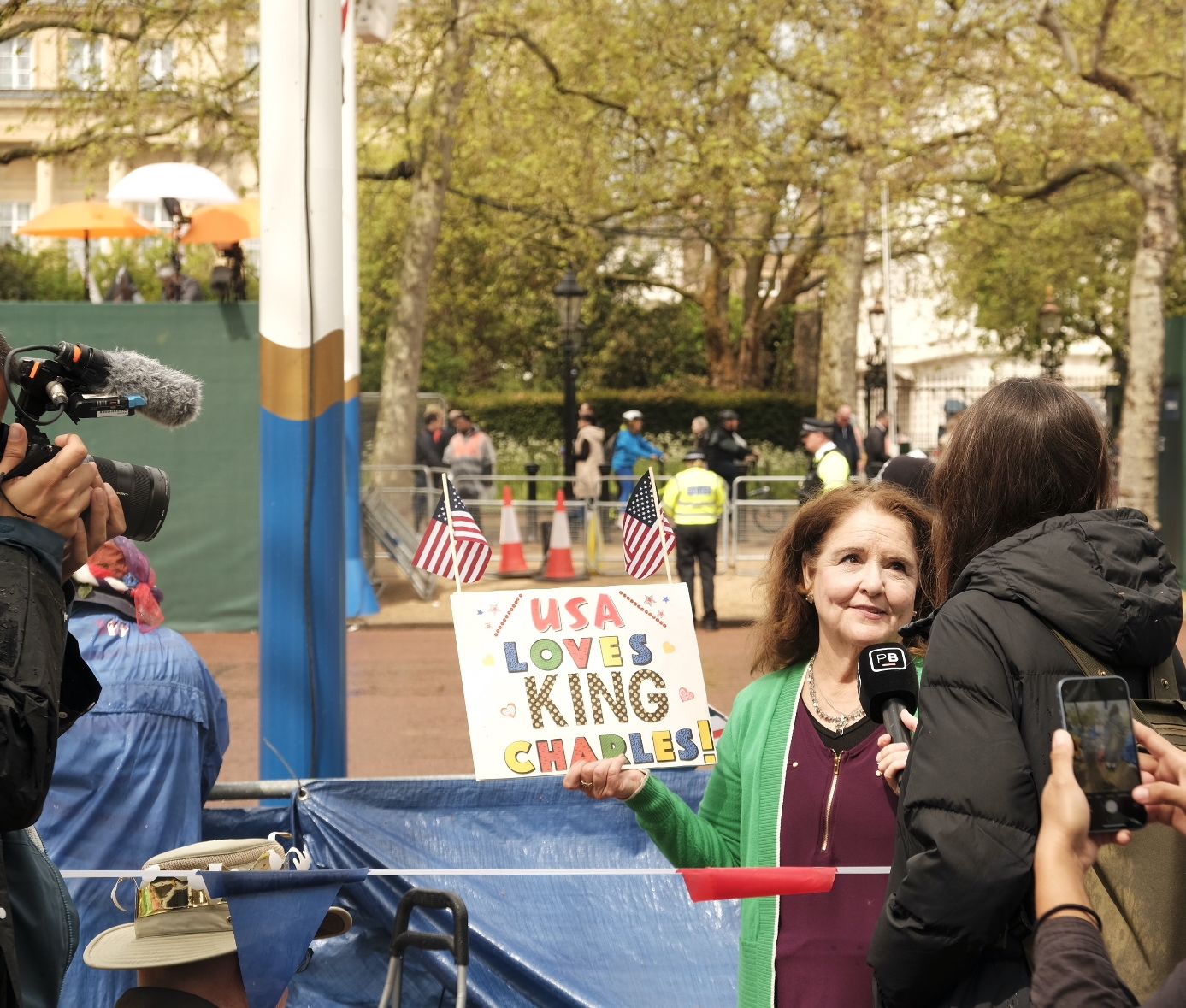
Perceptions
However, while it is clear that US tourists broadly like the monarchy, a range of evidence suggests they are not entirely committed to it.
Most of them said the week before the Coronation they are unlikely to watch the historic event at Westminster Abbey. This is despite the many thousands of them who visit it when in London, seemingly regarding it as a holiday attraction. This may be partially due to it beginning at 5am EST. Even still, if half of them list the Royal Family as a reason for flying across the Atlantic but won't wake up a couple of hours early to watch the Crown's most important moment in decades, it does suggest they are only committed to them when on their holidays.
Other data suggests a lack of confidence in the monarchy's role as a tool of British 'soft power'.
For example, another poll suggests Americans do not think the monarchy has much diplomatic significance to them either, only a third of them (uninformed of the tradition that US Presidents do not attend Coronations) saying Joe Biden should attend the Coronation.
Perhaps their misgivings are due to the King specifically, only seven percent of Americans believing he will enhance the monarchy's influence overseas. Either way, their impression ultimately reflects on the Royal Family.
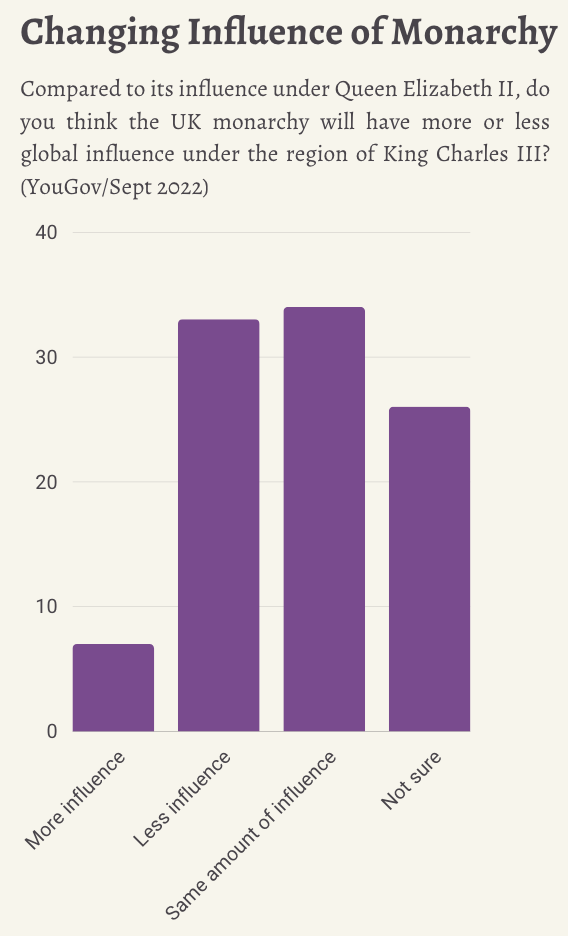
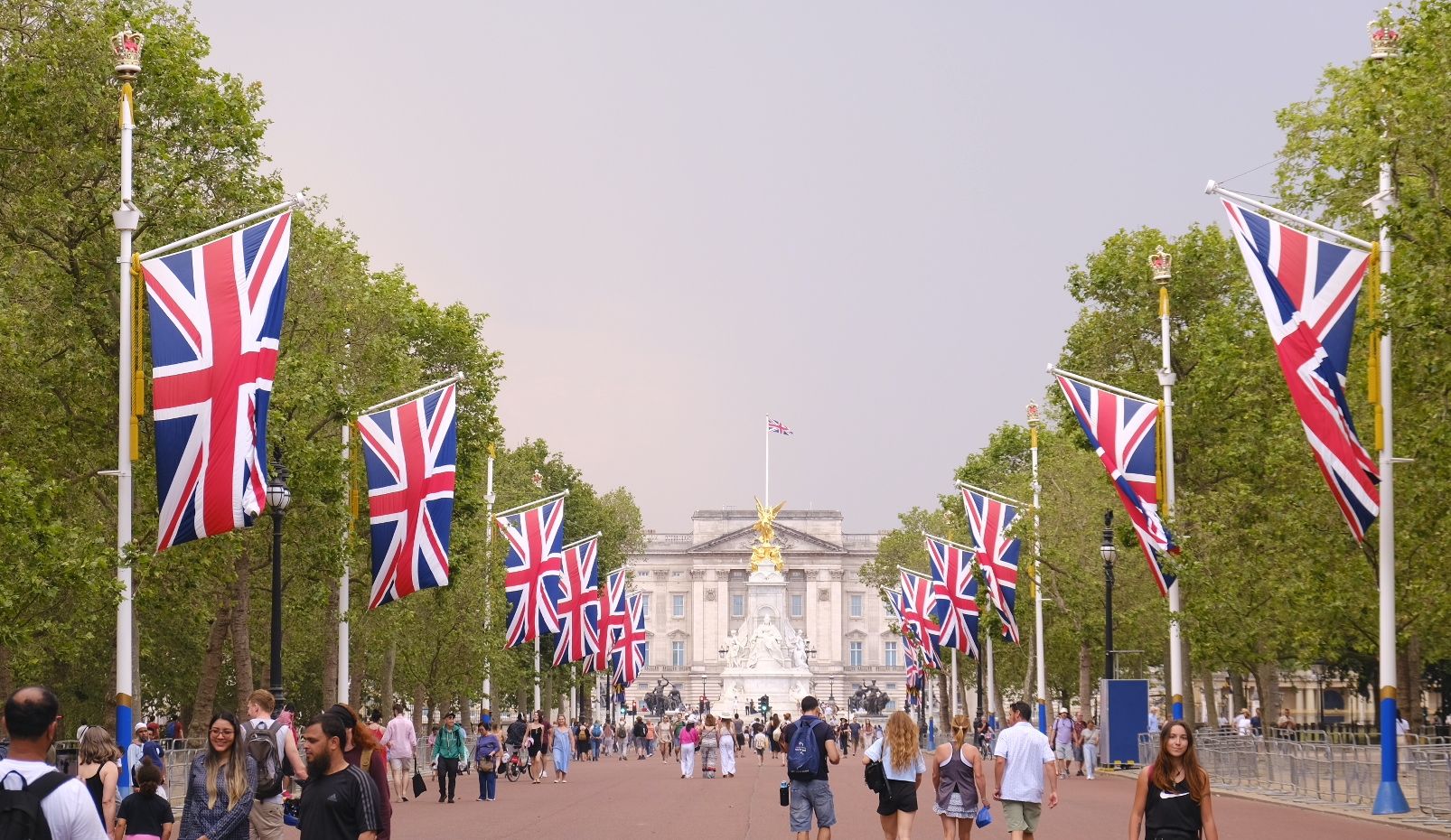
Celebrity culture
GB News Royal Correspondent Cameron Walker underlined how much royal tourism depends on US visitors. He said: "The dominant foreign nationality at the Coronation was American, there were loads of them there and from speaking to them they just love the kind of magic and majesty that comes along with the monarchy."
Walker suggests, however, that these American monarchists who made the trip over especially for the Coronation are part of a royalist minority of Americans.
He said: “The ones who are camped out on the Mall are the same people who also came across for the Queen’s funeral and the Platinum Jubilee last year.”
Walker claimed these "obsessed royal fans" are born out of the monarchy's appeal to American celebrity culture:
He added: “I think it’s been hyped up a bit in America and the fact that Harry and Meghan have now moved across to LA is feeding that media frenzy and adds to the popularity of the Royal Family, whether they love them or hate them.”
A number of tourists we spoke to held the a similar celebrity-fantasy image of the monarchy, whether they liked them or not.
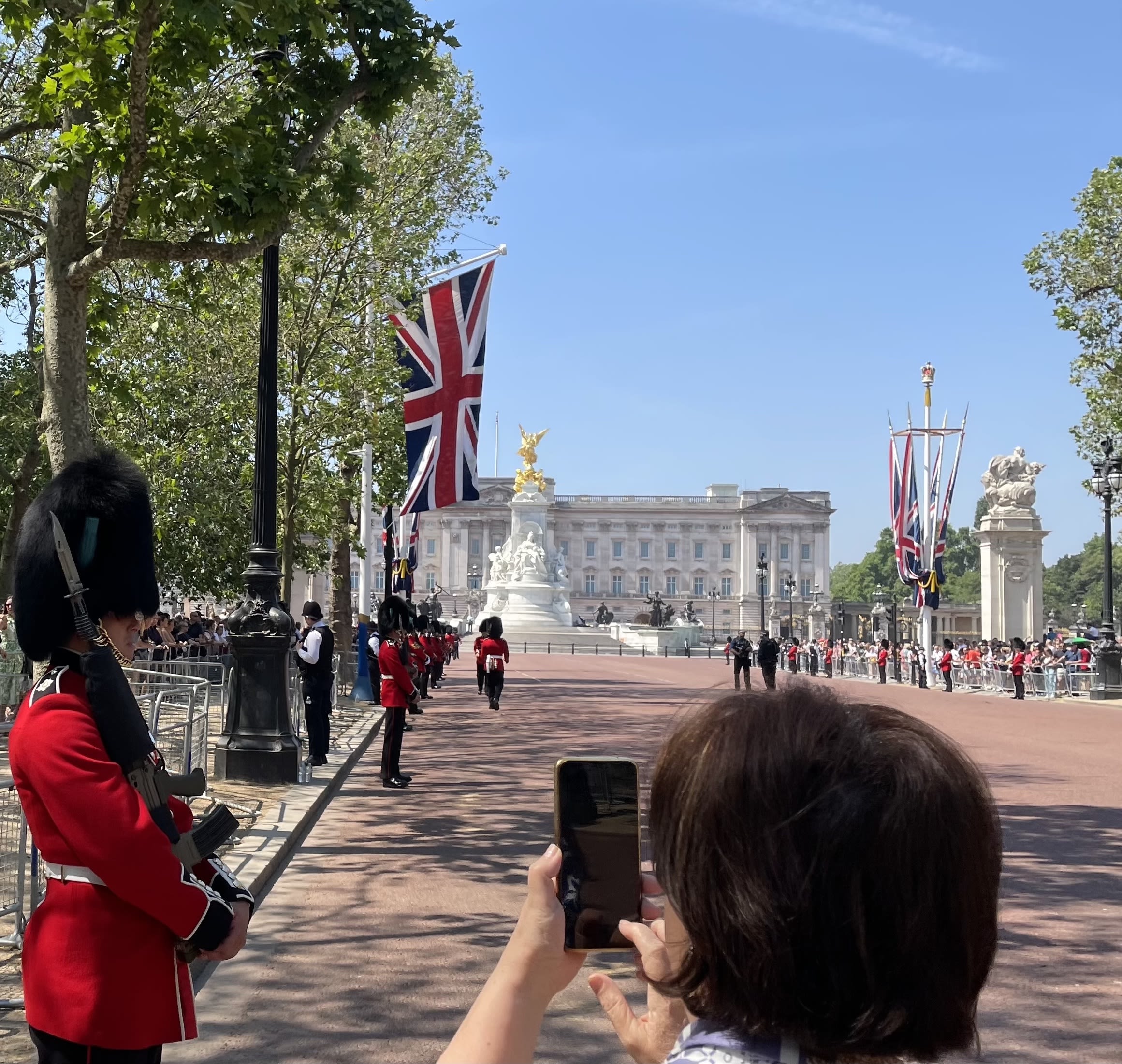
Mari Boepple (left), from Houston, Texas, spent days camping out on the Mall with two friends to secure a spot for King Charles' Coronation, just as they did for William and Kate's Royal Wedding in 2011.
The self-professed monarchist said: "We came over especially for the Coronation. It’s a huge historical event!
“They’re just such a huge part of history and I love that historical value they provide. I can’t wait to see them in their crowns. Nobody does pomp and circumstance like the Brits!”
In fact, out of the 94 words she said during the course of our converstion, 17 of them were words associating the Royal Family with history, like "pomp and circumstance" and "culture and tradition".
Todd Tuengel from Los Angeles echoed Mari's interpretation of the monarchy as historically important, but for him that just made him wonder: "what's the point of them nowadays?"
"They don't have any real authority. If it brings Britain a profit, then more power to them, but it seems like a waste of time," Todd said.
Todd added: "There's a minority who like the idea of the monarchy and all its pomp, but most don't. London's a bucketlist spot, I would've come either way."
The royal message
Impressions of the monarchy are in constant flux, even overseas however much relevance they hold there. The King himself has enjoyed a notable if not seismic shift in popularity among Americans, of which only 34 percent viewed him favourably in late 2020. In fact, Americans were more likely to hold an unfavourable view of the then Prince of Wales, 47%, than of Prince Andrew, 43%. Whereas in April 2023, Americans were twice as likely to approve (50%) than disapprove (21%) of the new King.
But a change in perception, from celebrity status to historical relevance, would be much harder to manage. If Republic's Graham Smith is right and celeb-obsessed tourism is one of only two pillars supporting the monarchy, it begs the question of whether this is the image Britain wants its most valued visitors to carry home?
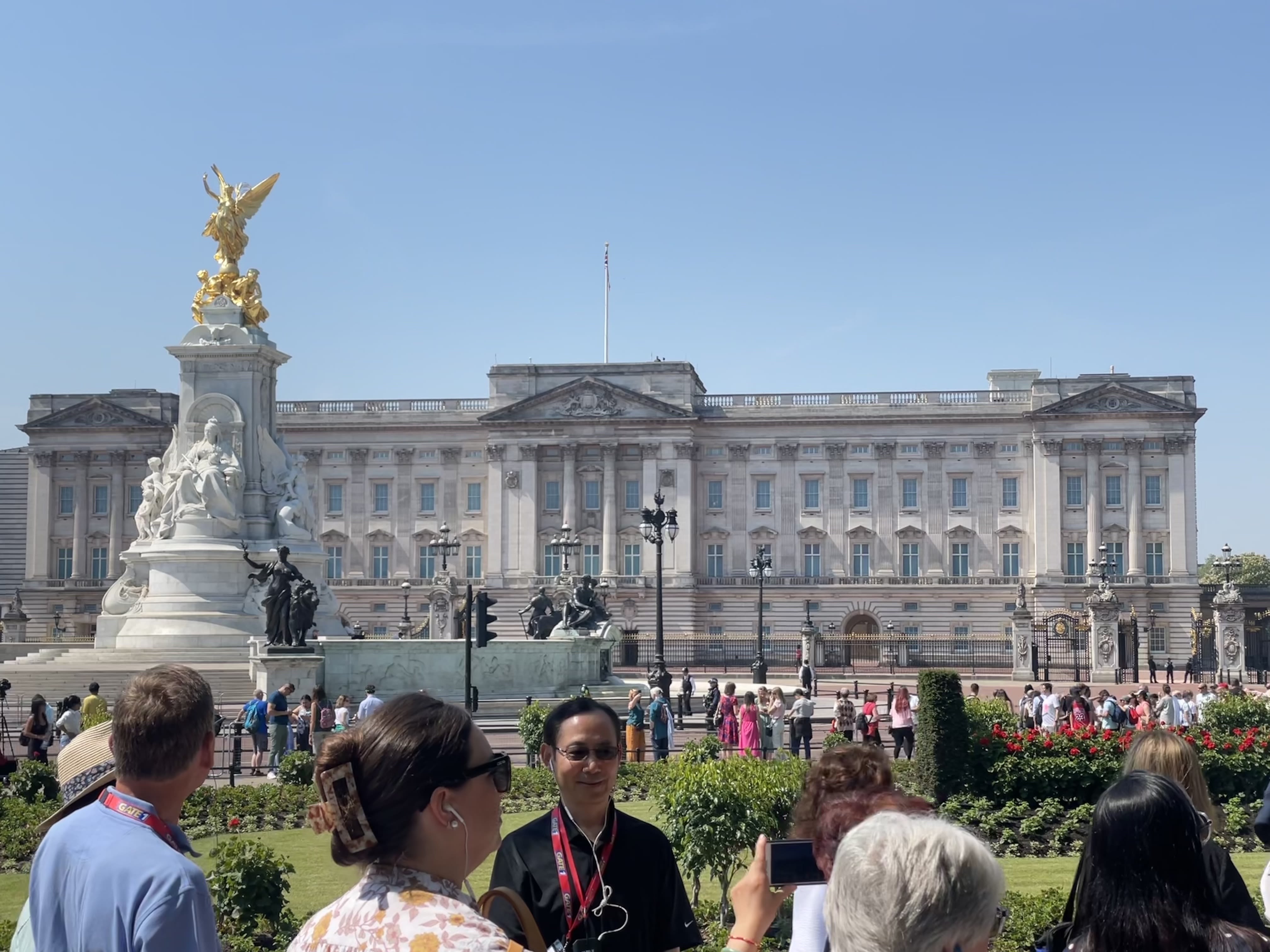
In defence of these celeb-minded tourists, it can sometimes be hard to tell apart Hollywood's princes and palaces from the real thing. Try it for yourself below:
